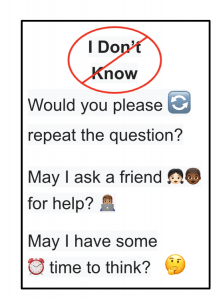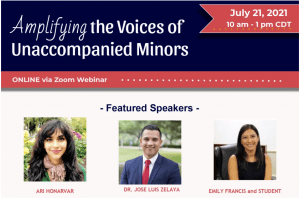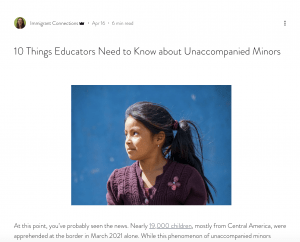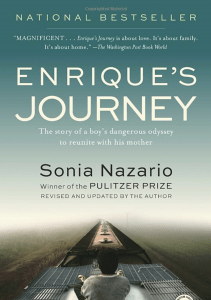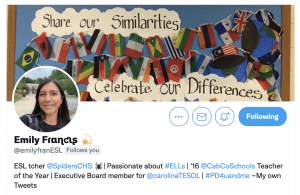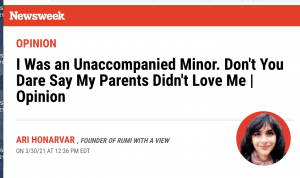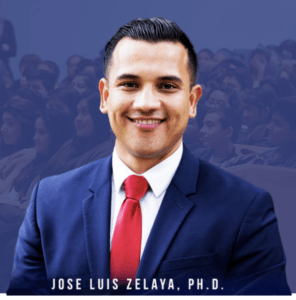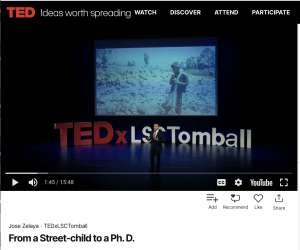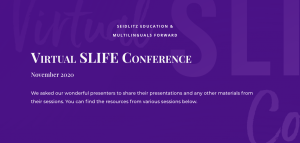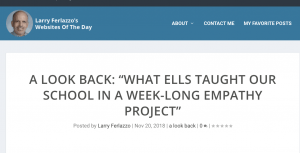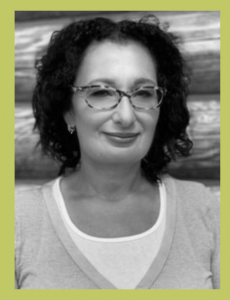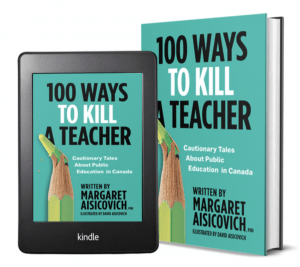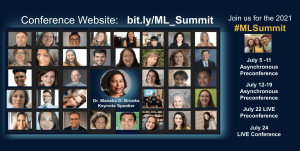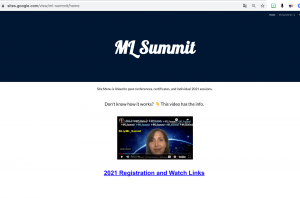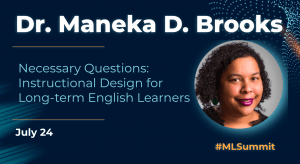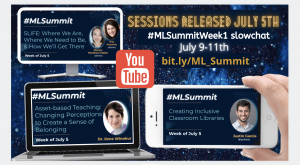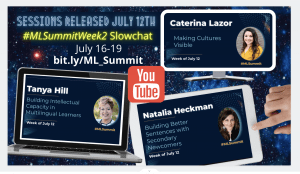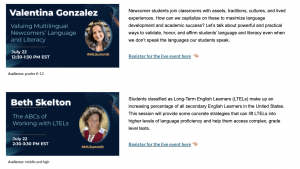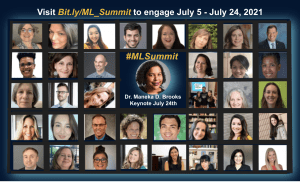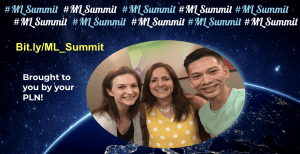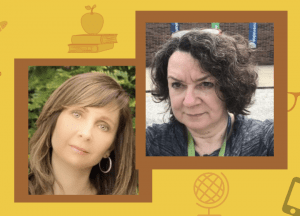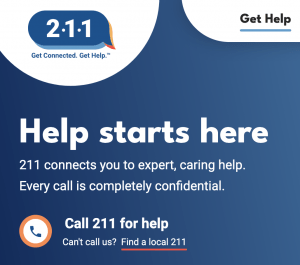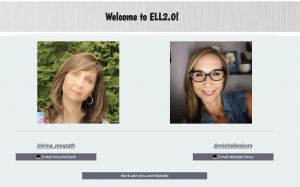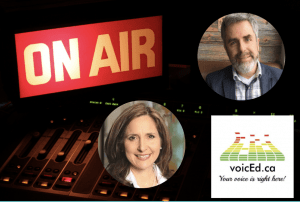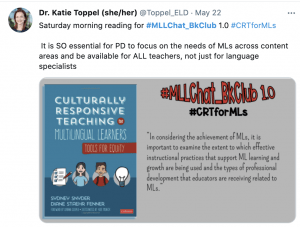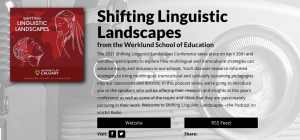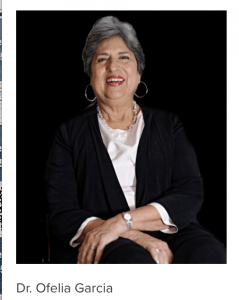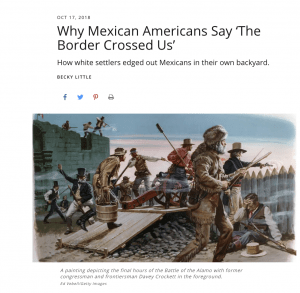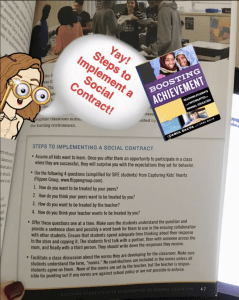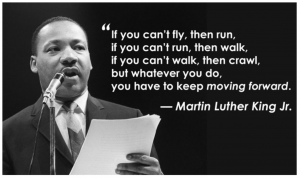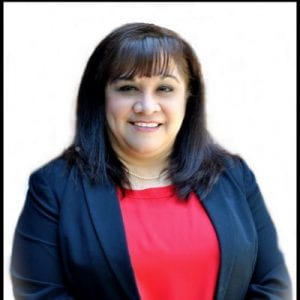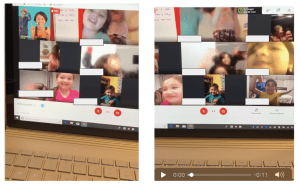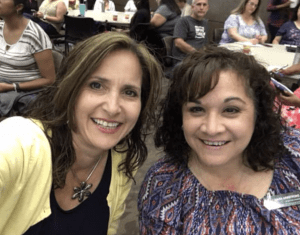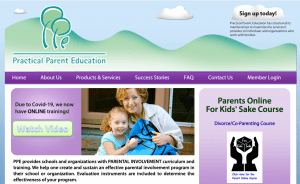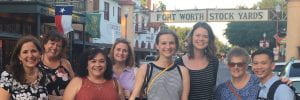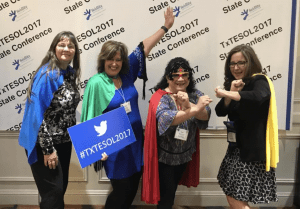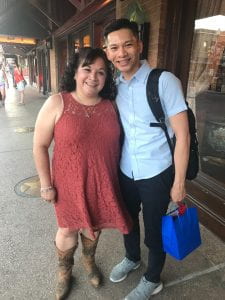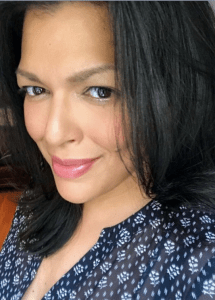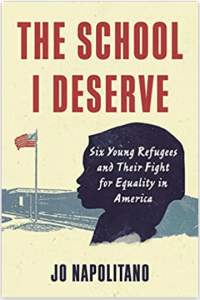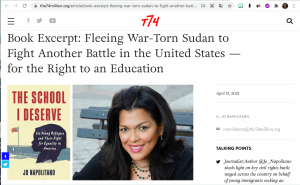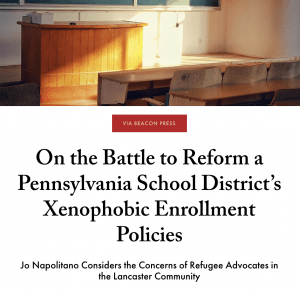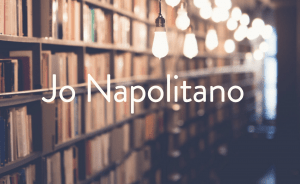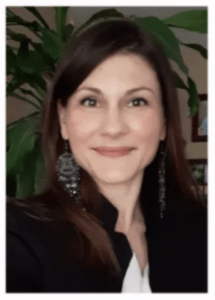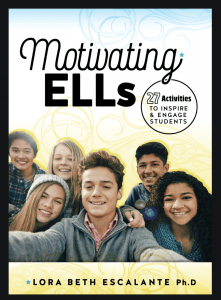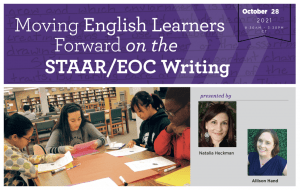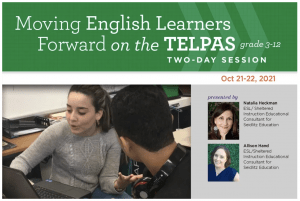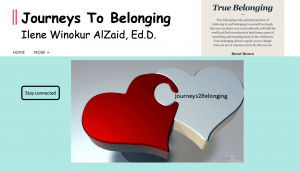Are you ready?? In some parts of the world, we are already in Back-to-School PD! So, as I do every year, I share my top tips & how they may look in the current reality.
You can listen to this new show right here:
Listen to “BAP099 Starting Strong for Newcomers in 2021 – TOP TIPS” on Spreaker.
I was able to talk about the 2021-2o22 school year with Stephen Hurley on a LIVE Boosting Achievement episode and that show is a big chunk of this podcast episode. In the Fall of 2021, you can catch us on Friday mornings at 7am ET on VoicEd.ca
I explain WHY they are my non-negotiables in this podcast.
*** THIS ALL BEGINS WITH A WELCOMING TONE, SMILE, WELCOMING BODY LANGUAGE. My first goal is to be sure they each realize that I WANT THEM THERE.
-
Name Tents (and activities we do with them)
-
We play a Kahoot Quiz game about me (#SelfieKahoot)
-
We create Class #SelfieKahoots to play
-
We learn about the “Instead of IDK Poster”
-
We create a Social Contract.
Here is the video I promise you iin this show:
I also mentioned that I have done this same “Beginning of the Year” tips show in 2019 and 2020.
In 2019, because of politics it was a more challenging climate than we had been used to. (For serving immigrants, I mean) That show reiterated these tips but offered a way to look at what we were taking on that helped me be more productive. You may find that content helpful:
Then came the school year that started in a raging pandemic. Last year’s Top-Tips for Starting the School Year had the same tips, but we needed to think about how we would do them in a remote/distance learning environment.
My hope is that you are teaching remotely *IF YOU WANT TO* and that you are not if you don’t want to. But just in case you ever need to do that again, know that you have that Covid edition video & blog to reflect on how you can do these things when you’re not in the same room with your students.
In this show, I dropped a lot of names! Each of the following people was mentioned because they have amazing content that they shared and they came to mind as I spoke to Stephen or reflected on my learning. Here is how you can follow them:
Stephen Krashen & the Affective Filter Hypothesis
Here are a few visuals & a video of my high school students that I talked about:
Many teachers like Roxi Adkins have great ideas on how to welcome students and it goes beyond a trite name activity:
Of course, we talked about our Kahoots! I have shared SO MANY things we can do with Kahoot here and on Kahoot’s website.
Starting the year with a SelfieKahoot has never failed me. Including this year in my summer school class:
Paper templates for the Class Selfie Kahoot can be downloaded from this padlet I use in my “Using Tech with ELLs” workshop.
We will have our next show with a deeper dive into the social contract. Stephen Hurley has some ideas about it and we ran out of time. Be sure to tune in for more on Social Contracts. If you’d like all the scoop on how to create a Social Contract in the Newcomer Classroom (and why you want to), check out this episode or p. 47 from the Boosting Achievement book.
Last but not at all least, I will ALWAYS create a “What to say instead of IDK” poster. Google image that idea and you’ll see many examples. It is STEP 1 in Seidlitz 7 Steps to a Language-Rich, Interactive Classroom. This is always the FIRST thing we work on, no matter when a student shows up in my classroom.
Thank you for tuning in or reading this post.
I am sending you positive vibes and gratitude. Have a great school year!
Carol
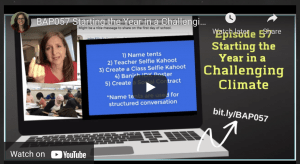
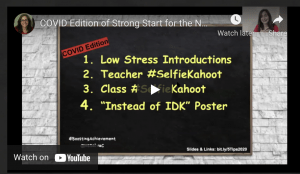
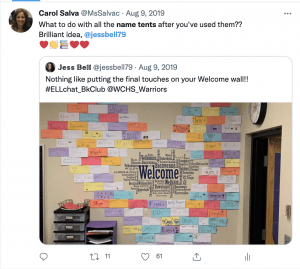
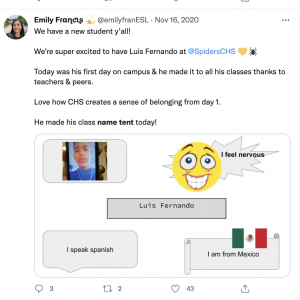
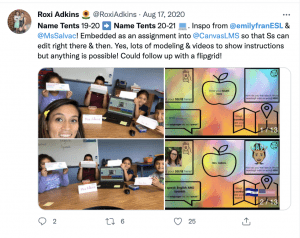
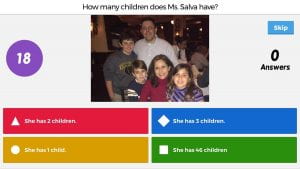
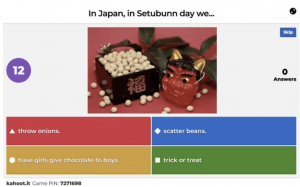
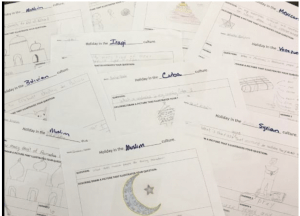
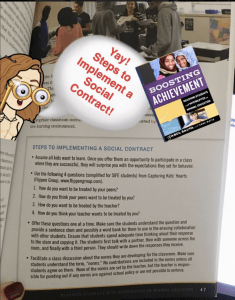 \
\